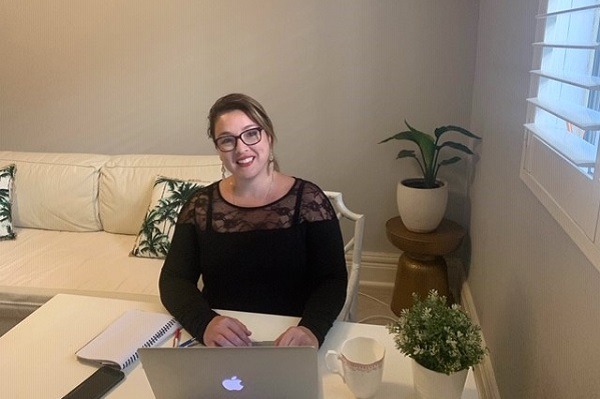Families have had almost every aspect of their lives re-framed by the coronavirus pandemic. In particular, women with children have been hard hit when it comes to job losses, unpaid work and added household chores, and now a return to high childcare costs, leaving many concerned about a ‘mum-cession‘.
This, on top of the macro-economic shifts due to working remotely, will force businesses to re-define their buyers. Consumers will no longer be defined by the time of day they’re likely to walk into a store, or the volume of purchases they’re likely to make in a certain week. Instead, as home environments also act as our workplaces, gyms, home-schools, childcare facilities and more, the “buyer” will need to be viewed from the lens of “the family”.
The rise of fam-tech
It has been said for years that every company is now a technology company, with airline tickets being booked online, payments made via smartphones, and shopping preferably delivered to the front door instead of an in-person counter.
As we navigate through this pandemic and prepare to emerge from it in the coming months, not only will every company be a technology company, but every company will need to be a family-oriented technology company – i.e. we will see a rise in fam-tech products, services and innovations that will be specifically designed and delivered with the family environment front of mind.
The opportunity is now for fast adopters and industry leaders
In many ways, the pandemic has given industries an opportunity to re-start and re-design their business models. Businesses that catch onto the demand for fam-tech quickly will take this rare chance to leap ahead of competitors that remain short-term and financially focused.
For example, we’ve seen first-hand in the health care sector how the explosion of telehealth has reflected new standards in flexibility and availability that families now need. Despite the health care industries heralding their focus on patient-centric services for years, it’s now clear that expecting families to turn up between 9am-5pm Monday to Friday to a clinic which may be located hours away, particularly for regionally located families, is no longer acceptable practice, if there is an alternative available.
Health care professionals themselves are also looking for more flexible ways to work during the pandemic so they can better meet the needs of their families as well as be flexibly available for their patients. At my business Umbo, we saw a 5,800% increase in demand for training among allied health professionals during the pandemic, as there was an immediate need for guidance and reliable information about how to shift from an in-person clinic to a digital business model. Based on conversations and the impact digital health has had so far, we expect this shift to online health to continue. This opens up a world of health care not previously available to many families.
The risks are too high to be making assumptions
One of the biggest risks businesses will need to navigate as they shift to viewing their buyer from the lens of the family will be the temptation to assume they understand what parents want and need. We’ve all got stories of when a business leader or politician has mistakenly assumed what would be helpful for working women, and instead made a situation more challenging, or have simply replaced one challenge with another.
One example is remote learning. While the flexibility to teach our children on our own schedules and in our homes was seen by some leaders as a positive, the reality of juggling remote work as well as a “home school” and having both happening simultaneously in the same home made managing the family anything but ‘flexible.’ Remote learning in many families primarily rested on mother’s shoulders, increasing not only the familial responsibilities already undertaken, but increasing the emotional load.
During this time of uncertainty, we’ll need leaders who genuinely ask questions and collaborate with families to understand how best to meet their needs. This level of collaboration and understanding across all industries will see families and women better empowered to contribute their utmost as we re-build the economy, our businesses and our homes together.

